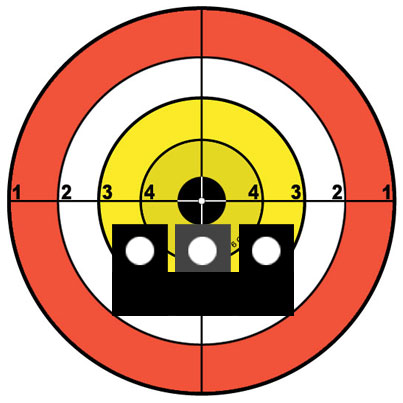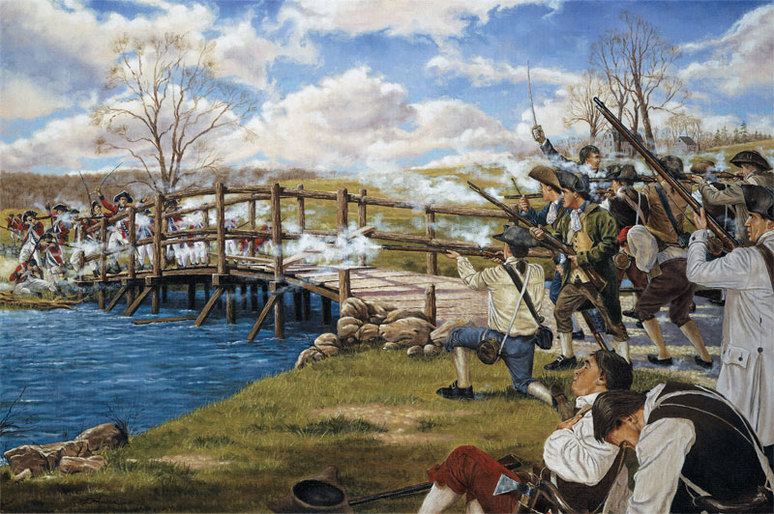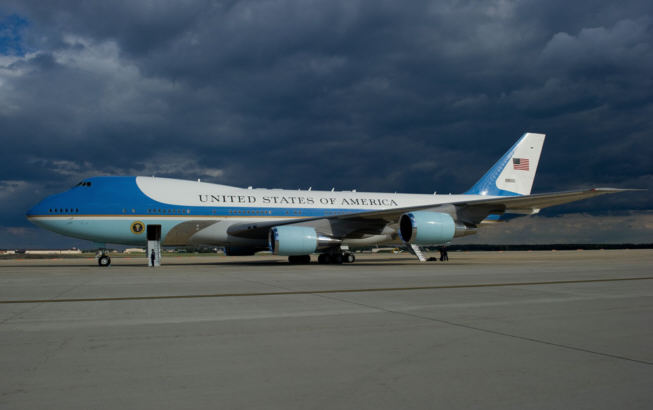[Note: This post is from an article I wrote two years ago which seems to resonate with today’s events, especially as we look into the new year.]
The country is in crisis.
The long and bitter war against a foreign enemy might not be the most severe peril facing the Americans. Just as dangerous, and perhaps more so, is the sharp divide between factions within a disorganized domestic government.
Individual, corporate, cultural, religious, and regional agendas threaten to destroy ambitious hopes for an independent and prosperous nation, one blessed beyond compare with natural and human resources. Politicians play to special interests, many more interested in how they can pad their own coffers and power base than the good of the people of their constituencies or the nation itself.
The citizenry is similarly divided, ideological disputes going beyond discussions and debates to the point that they often dissolve into violence. Distrust for government and authority is at an all-time high.
The enemies of America laugh at it, and many suggest the country will collapse on itself.
Hope dissolves. Despair grows.
Yet 15 years later, the United States of America would emerge from these crises under bold leadership with an innovative and unique constitutionally-based government. Over the next two centuries, she would rise to become the world’s most powerful and prosperous nation. How did this happen, and what lessons from that history can we apply to today, where our nation faces such similar challenges?
The first element was the presence of those bold leaders. People with vision, moral courage, and often bravery in the face of death. Leaders, not just in Philadelphia and then Washington DC, but even more importantly, leaders at the regional, state, city, neighborhood and family levels who didn’t give up their own needs and desires completely, but because of that vision, moral courage, and bravery were willing to strive for the greater good of a nation built upon godly principles.
Second, those bold leaders were able to mold the mob into a team. They did this by convincing the people that, despite whatever the competing agendas of diverse states and localities might be, the consequences of remaining divided while facing a foe as powerful as were the combined economic, military, and industrial powers of Great Britain were too great. And so these differences were laid aside to some measure, at least for the time, and the people rallied in common purpose.
This combination of bold leadership with a bold message that was the precise formula needed in 1775 was repeated time and again in our nation’s history. Whether it was the war that threatened to tear our country apart from within, two wars that threatened the stability of the entire world, a Depression that threatened our economic survival, or nuclear brinksmanship that threatened the world’s very existence, bold leaders with bold visions rallied our nation to victory.
This is the same medicine our country needs for the challenges we face today: both our external perils and our internal divisions.
Our leaders must both understand our ills and propose ambitious cures, but it is even more critical that they be able to inspire and encourage. Hope, not blame. Vision, not derision.
Finally, our leaders must do this with realistic optimism, not cynical pessimism. Because this is the United States of America, still blessed by our Creator beyond compare with physical and human resources. And if we are willing both to acknowledge those blessings and to rise to the responsibilities that those blessings merit, we will emerge from these challenges just as strongly today as we have in the past.
About the author
Upcoming events
Contact and guest speaker information


